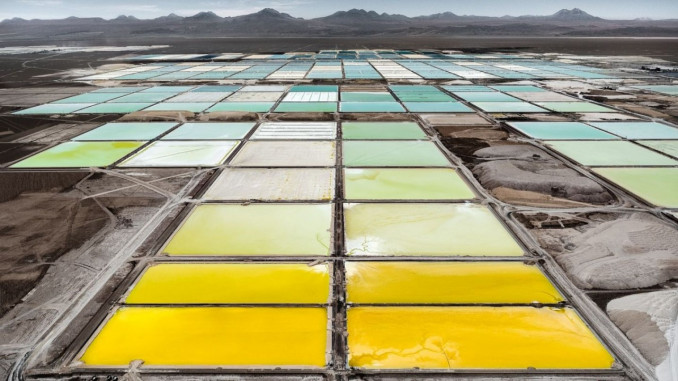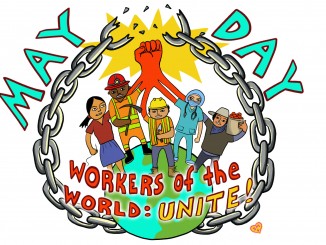
On April 18th, Chile’s president, Gabriel Boric, announced his government’s plans to nationalize the country’s lithium mineral reserves. This mineral has enormous importance in the production of electric car batteries, a massive and growing industry in the world. Chile has the largest lithium reserves in the world.
Chile, like other countries in the world, is using the desperate scramble of automakers to secure lithium and other minerals as a lever to take a greater share of the profits from new electric car production.
Boric, who poses as a leftist, says this measure is Chile’s best bet for a sustainable lithium production, to help combat climate change. How is this so? Automakers are jumping on the electric car bandwagon to make profits from this expanding industry. However, electric car battery production is horribly polluting, even if electric cars themselves are cleaner than gas-powered cars.
The plan to nationalize the lithium industry will also be slow to come into effect. Albemarle and SQM, the two biggest lithium producers in the world, will have their contracts expire in 2043, and 2030, respectively. These companies have not expressed any worry that they will lose out in the long run. According to a spokesperson for Albemarle, the nationalization will have “no material impact on our business.”
The problem of sustainability cannot be separated from the question of how the global economy is organized. Capitalism drives companies to produce more and more products. Even something like an electric car becomes a source of carbon pollution if it is produced in ever greater numbers for a profit. The logic of capitalism, producing more no matter what, is the primary cause of climate change. We need to address the problem at the root.




